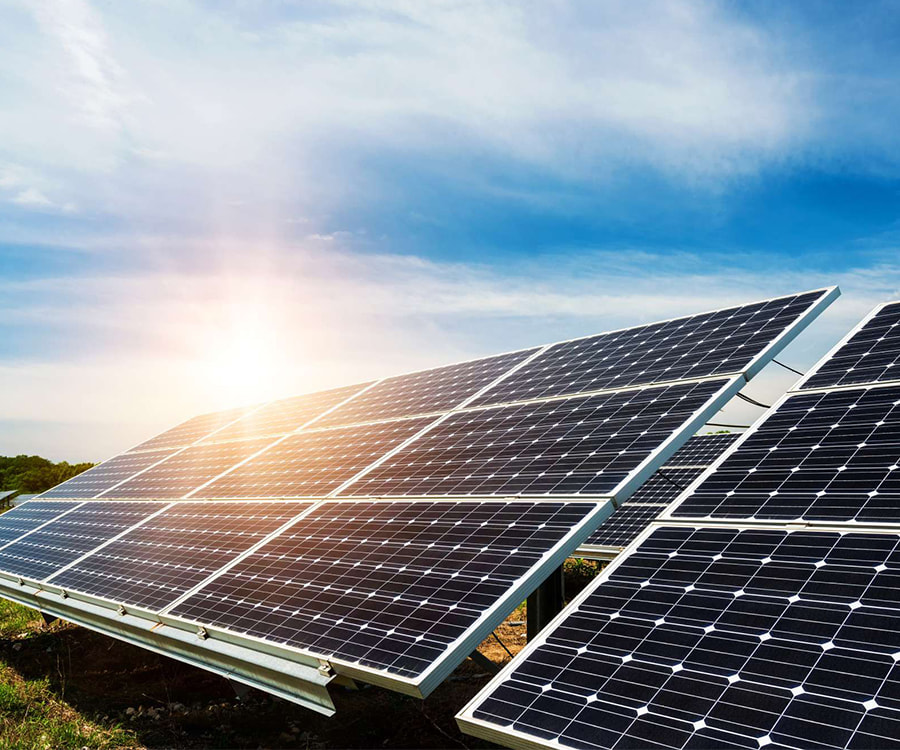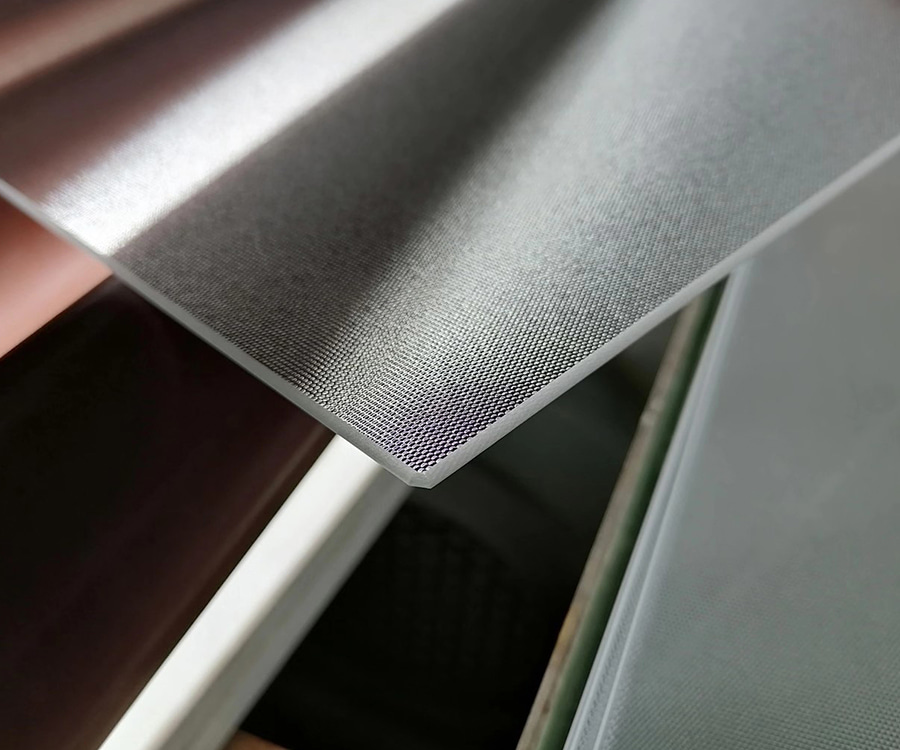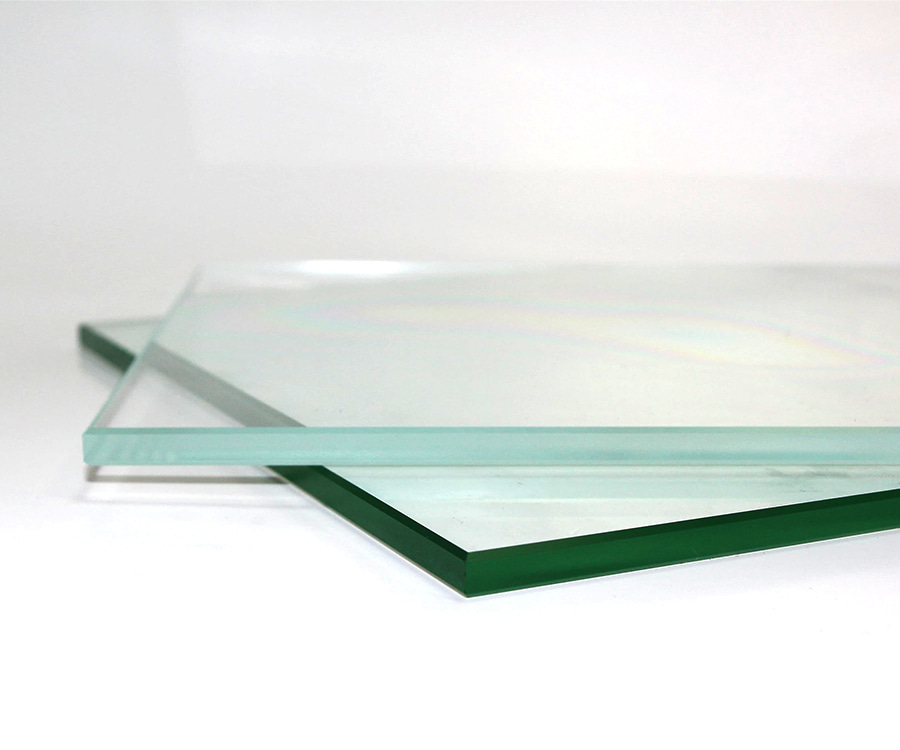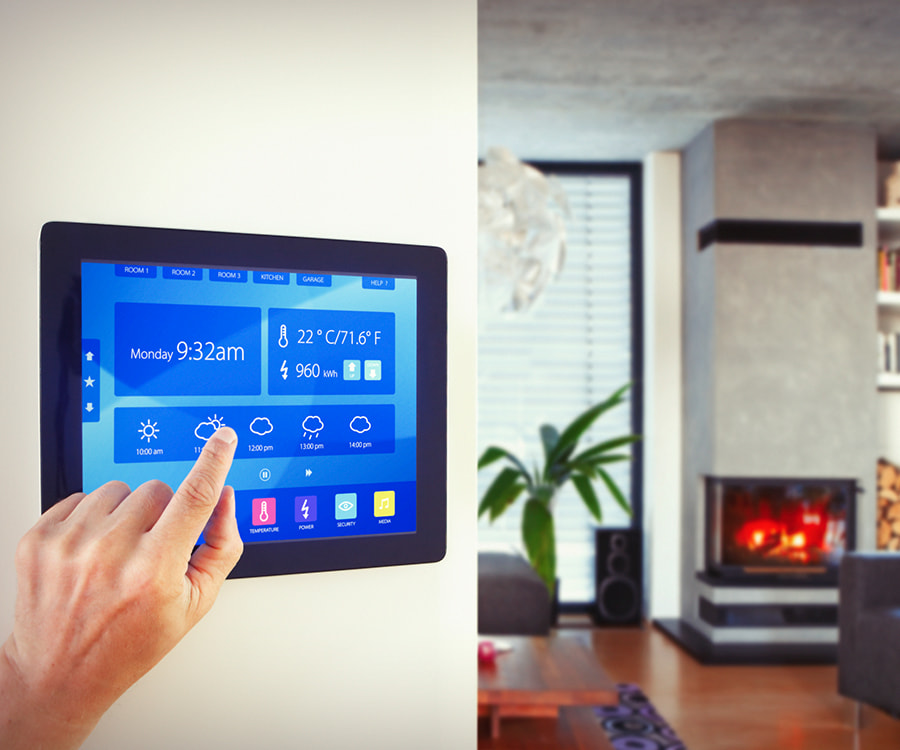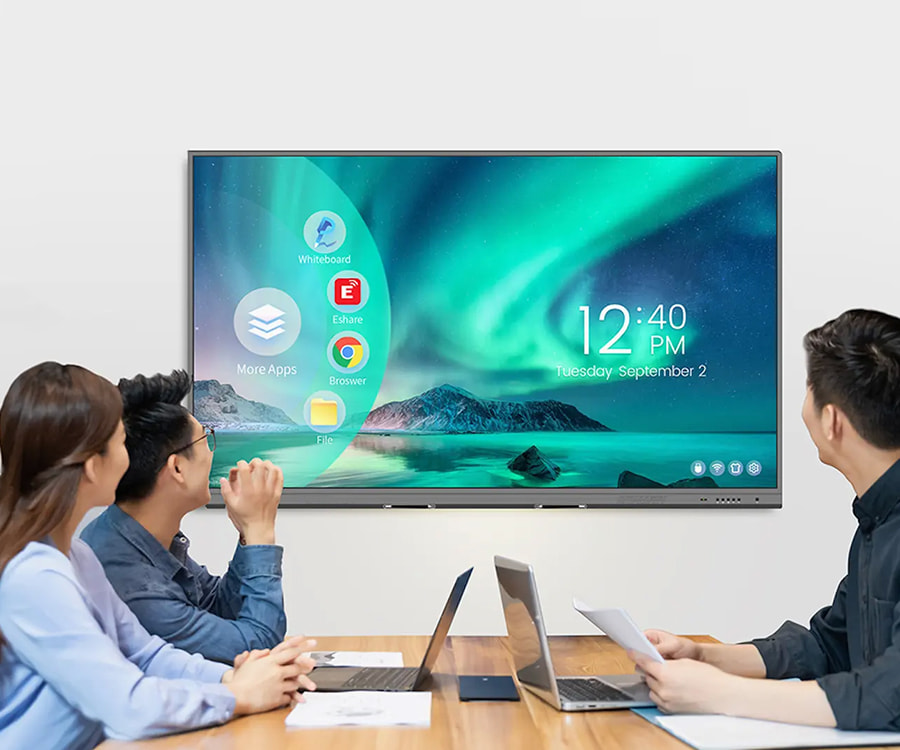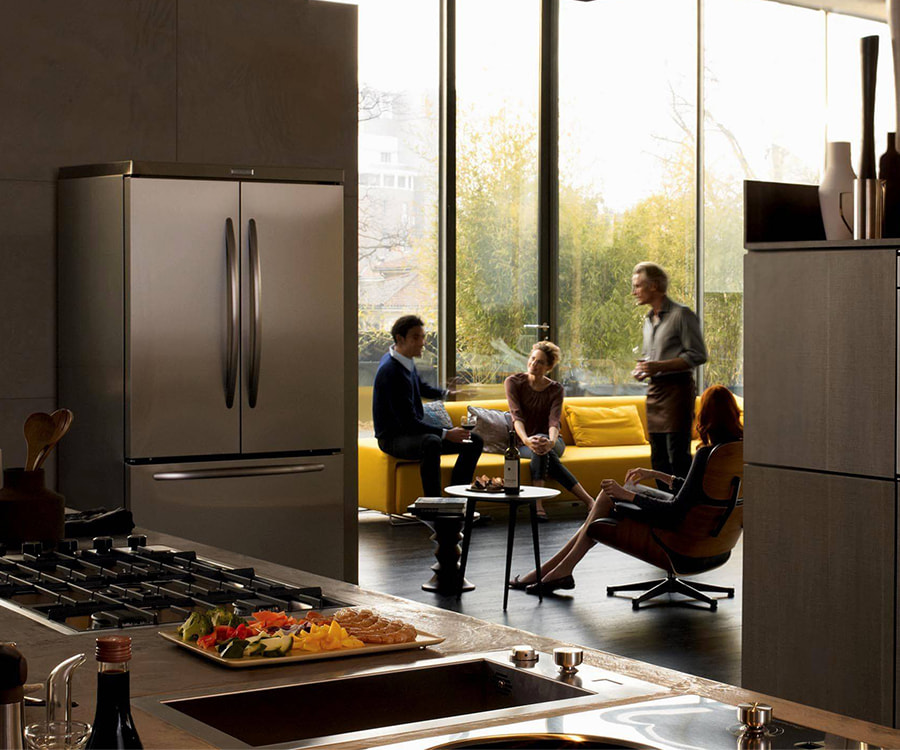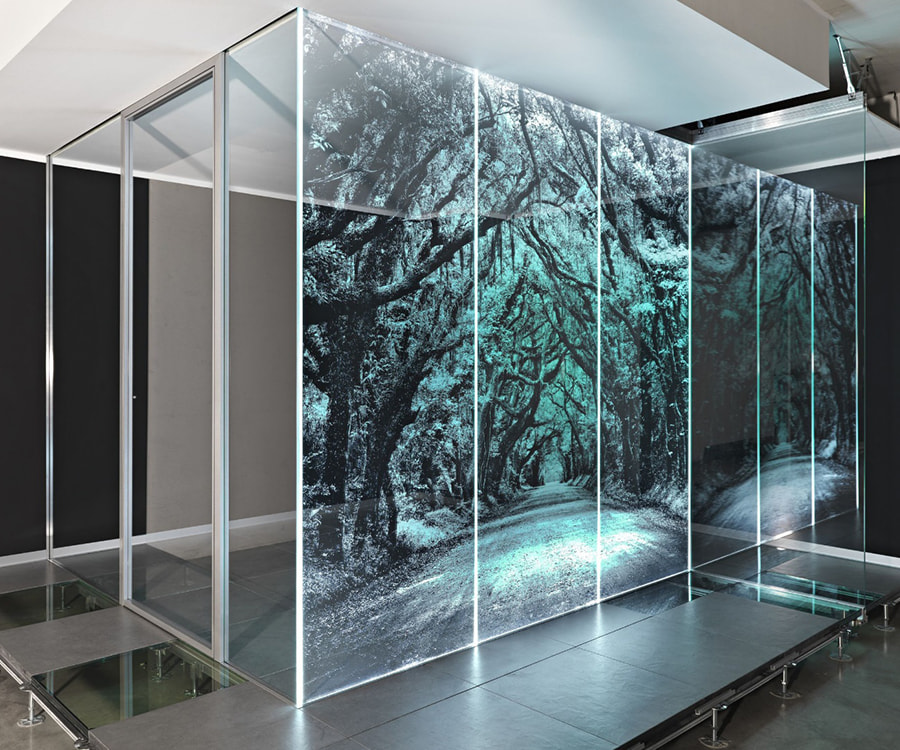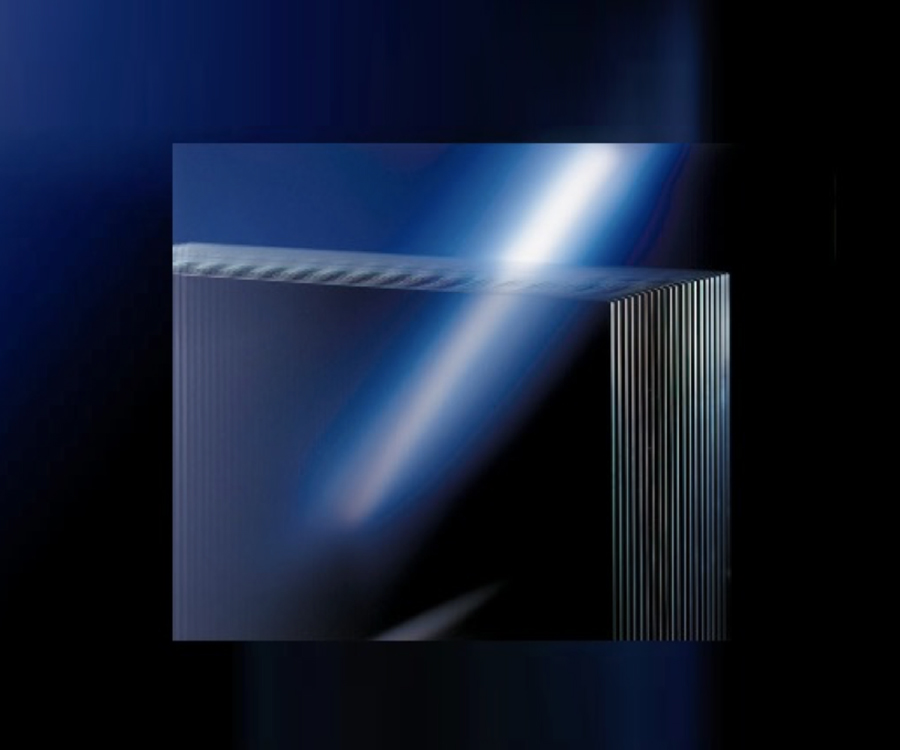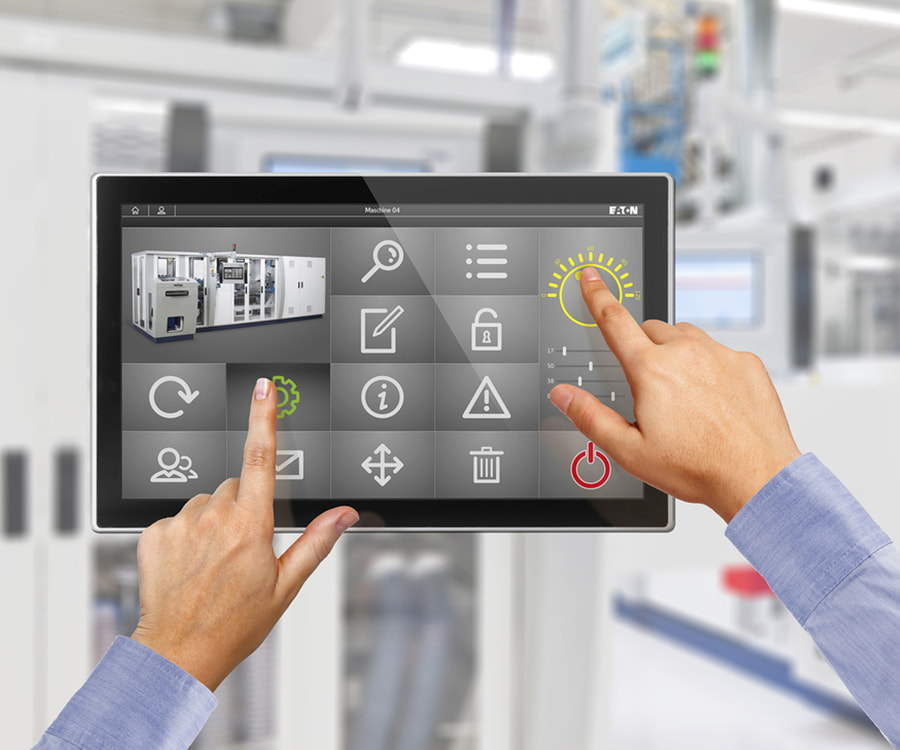The performance of AR Solar Coating Glass may be affected to a certain extent under high temperature, high humidity or good temperature conditions, as shown below:
High temperature conditions: AR glass, or anti-reflective glass, can usually withstand temperatures exceeding 500 degrees due to its special coating process and material. This high temperature resistance allows AR glass to maintain good performance in general high temperature environments, such as maintaining stable transmittance and low reflectivity. For AR glass, long-term high temperature environments may cause changes in the chemical stability of the coating layer. Under high temperatures, certain chemical components in the coating layer may accelerate decomposition or react chemically with other substances, causing the properties of the coating layer to change. This change may affect the optical properties of the coating layer, such as transmittance, reflectivity, etc. In addition, good high temperature conditions may also have a certain impact on the substrate of the AR glass. High temperatures may cause the thermal expansion coefficient of the substrate to increase, causing changes in the matching between the coating layer and the substrate. This mismatch may cause the coating layer to peel off, crack, and other phenomena, further reducing the performance of AR glass.
High humidity conditions: In a high humidity environment, water molecules in the air may penetrate into the coating layer and react with the chemical components in the coating layer. This reaction may reduce the chemical stability of the coating layer, thereby affecting its optical performance. This effect may be more obvious when the high humidity environment is combined with high temperature conditions. High temperature can accelerate the reaction rate of water molecules with the chemical components in the coating layer, making the coating layer more susceptible to corrosion. In addition, high temperature may also cause water molecules to evaporate and form a water film on the surface of the coating layer, further reducing the transmittance of AR glass. Although AR glass is generally good in scratch resistance, wear resistance, and corrosion resistance, long-term high humidity environment may accelerate the natural decay of these properties. Therefore, when using AR glass in a high humidity environment, special attention should be paid to its maintenance and care to extend its service life.
Extreme temperature conditions: In good temperature conditions, AR glass may experience rapid temperature changes. Such temperature changes may cause increased thermal stress between the coating layer and the substrate. When the thermal stress exceeds the tolerance limit of the coating layer or the substrate, it may cause performance degradation or damage. For example, the coating layer may crack, peel, and the substrate may deform or crack. In addition, good temperature conditions may exceed the design range of AR glass. When designing and manufacturing AR glass, its use environment and working conditions are usually considered. However, if the temperature in the actual use environment exceeds these design ranges, it may cause the performance of AR glass to be unstable or fail to meet the use requirements. Therefore, when using AR glass under good temperature conditions, special attention should be paid to its applicability and reliability. When selecting AR glass, its use environment and working conditions should be fully considered to ensure that it can maintain stable performance under these conditions. At the same time, maintenance and care should be strengthened during use to extend its service life.
AR Solar Coating Glass may experience performance degradation under high temperature, high humidity or good temperature conditions, but the specific extent depends on the duration and severity of the environmental conditions and the design and manufacturing quality of the product. Long-term high temperature may cause changes in the chemical stability of the coating layer, and high humidity environment may accelerate this change, especially when combined with high temperature. Under good temperature conditions, AR glass may face greater thermal stress, thereby increasing the risk of performance degradation or damage. Therefore, when selecting and using AR Solar Coating Glass, it is necessary to consider its application environment and ensure that it can maintain stable performance under the expected environmental conditions.


